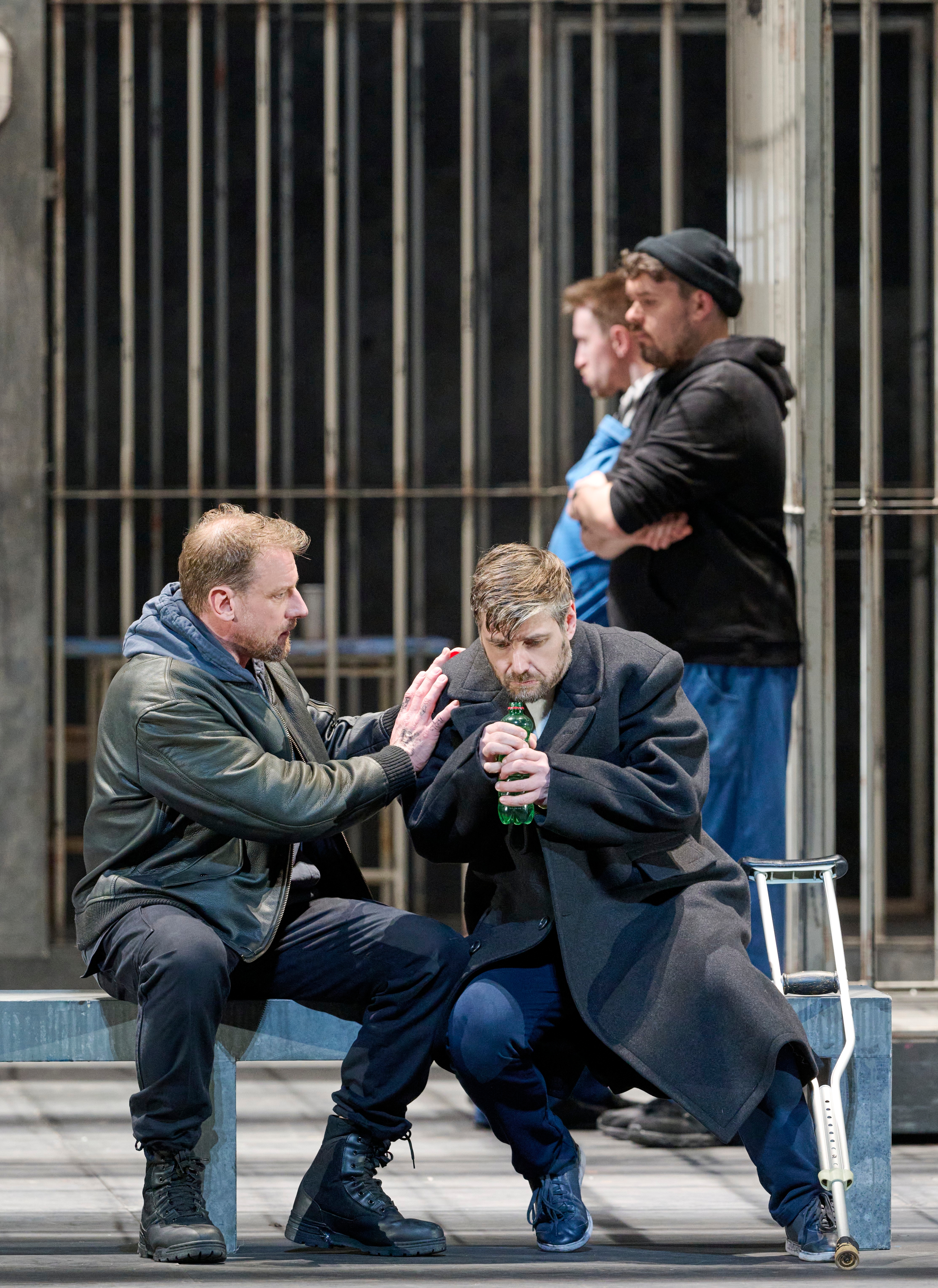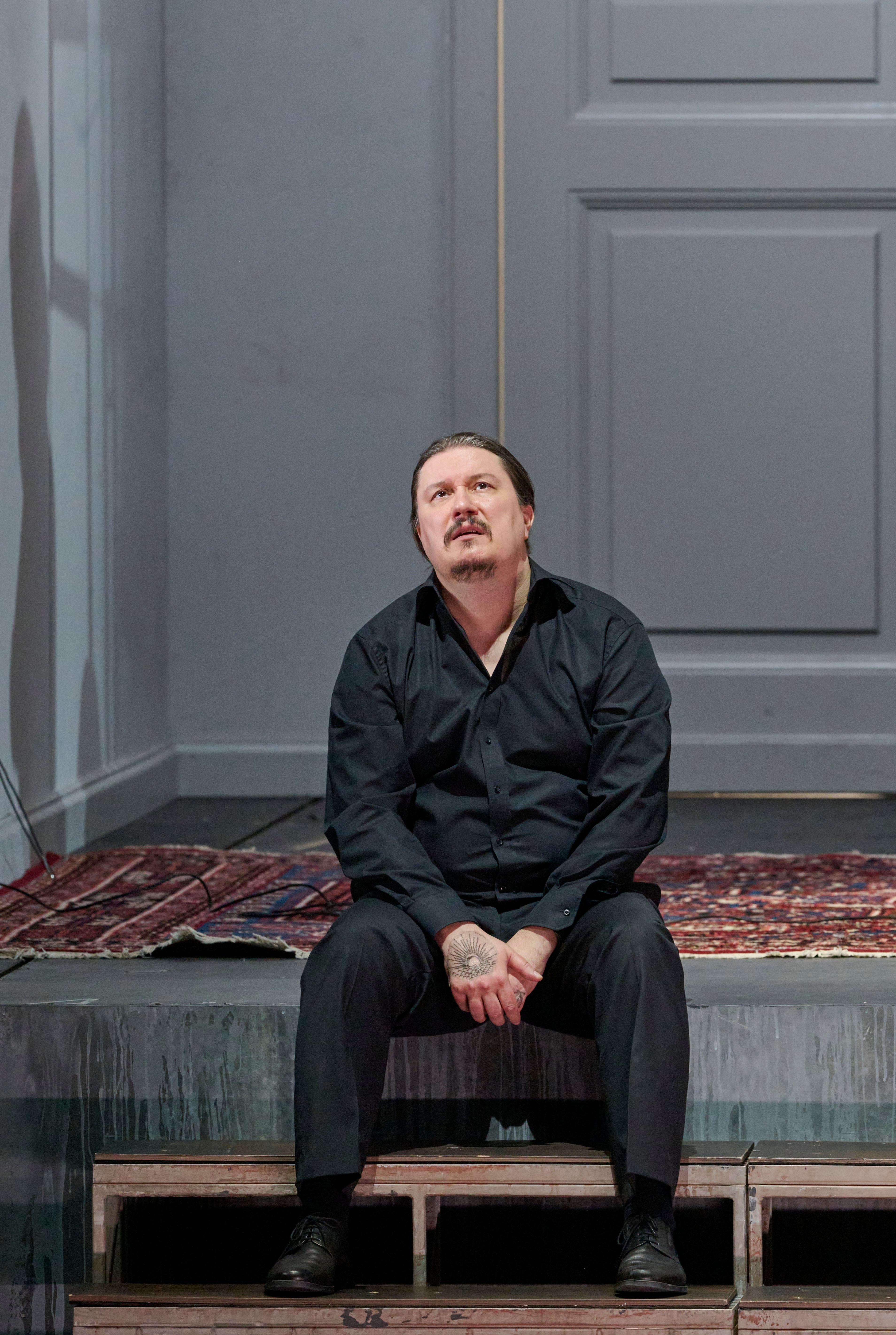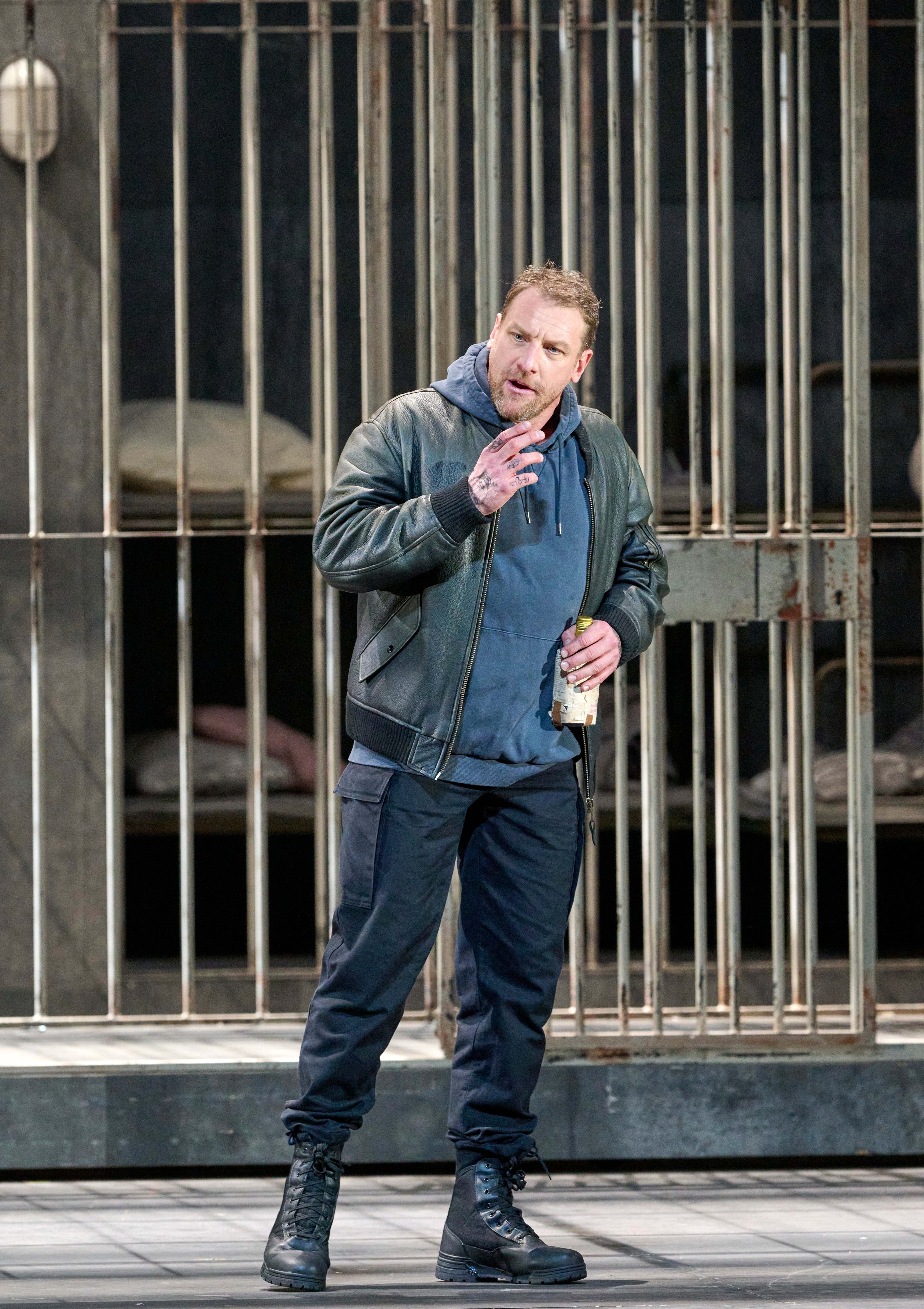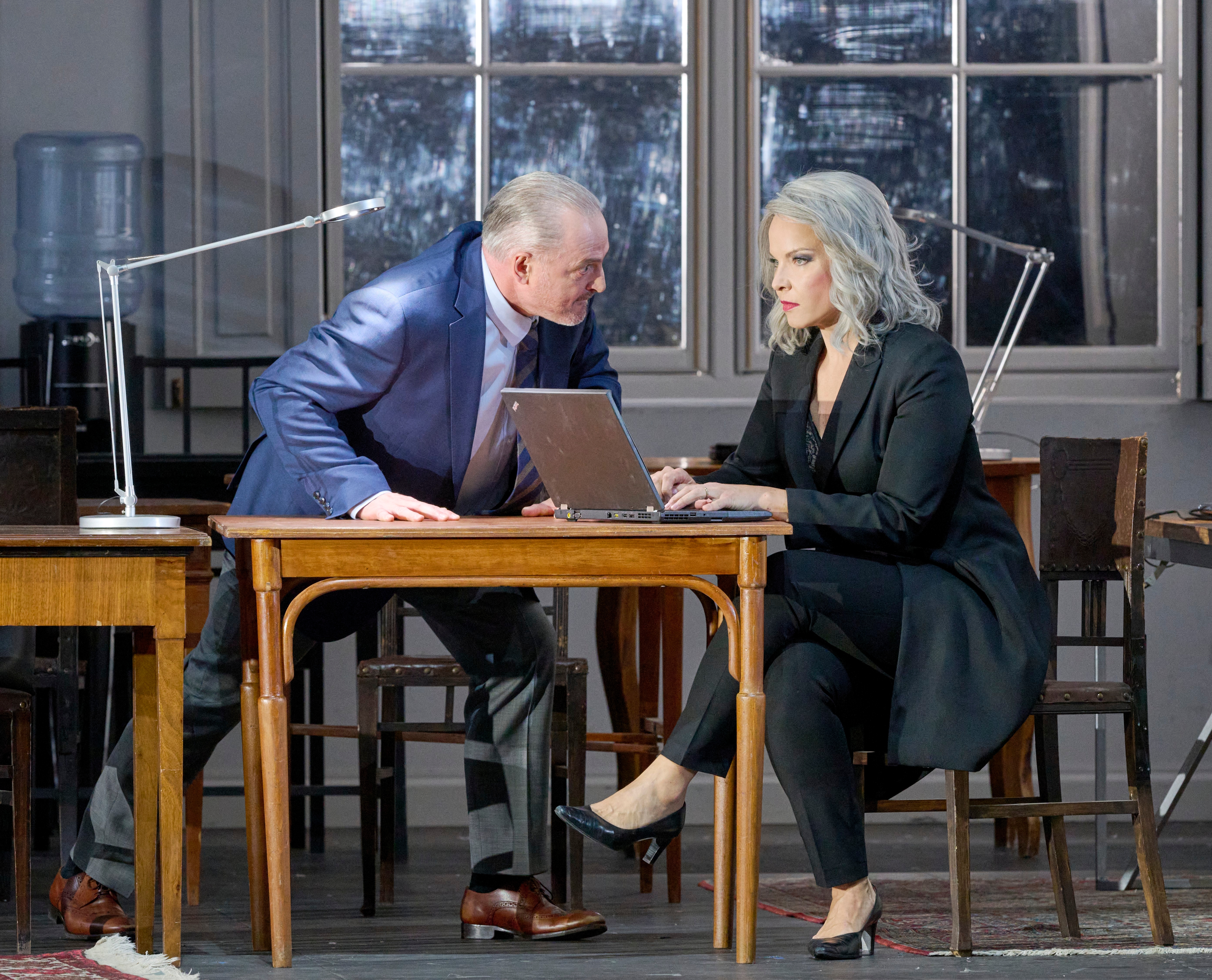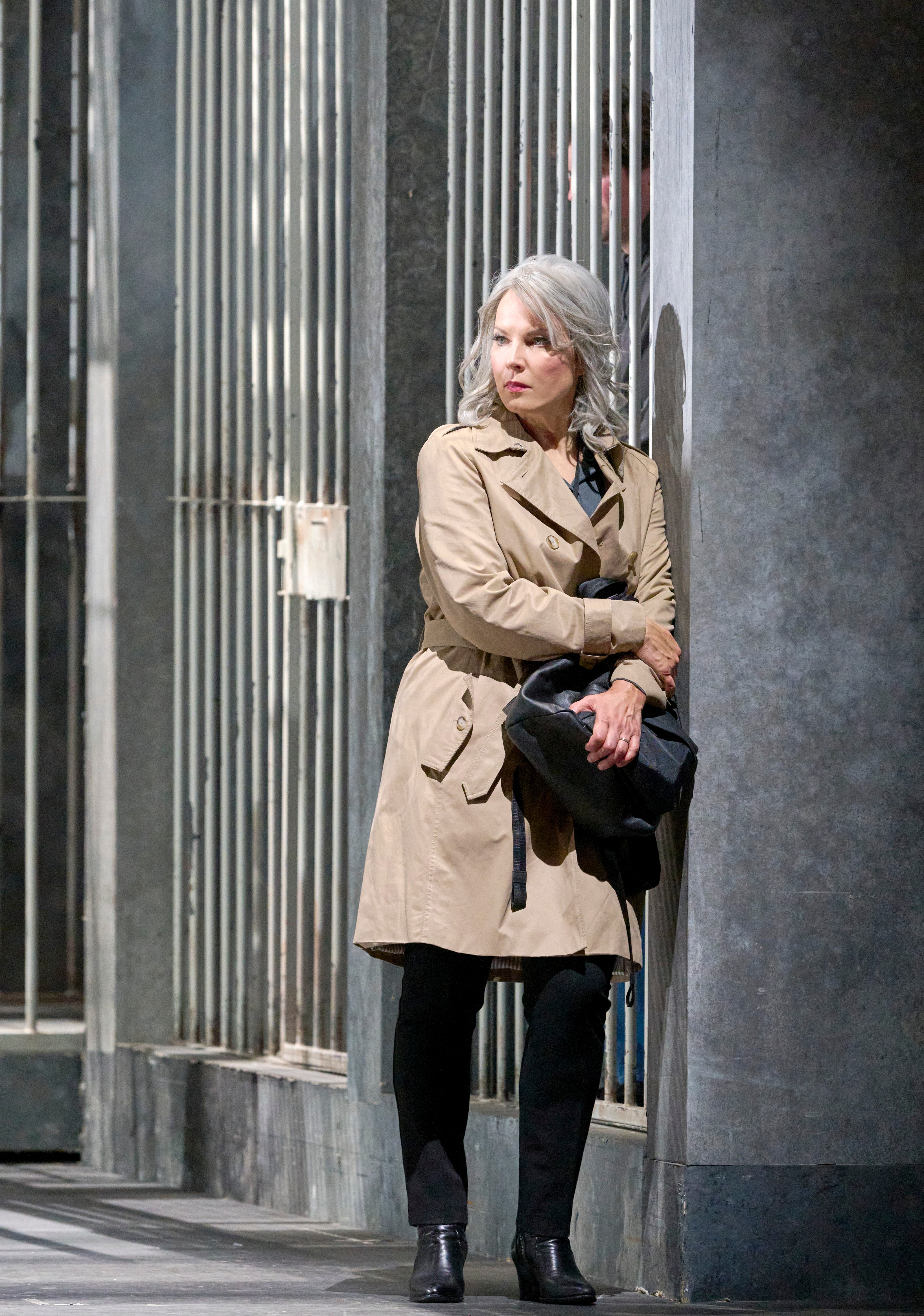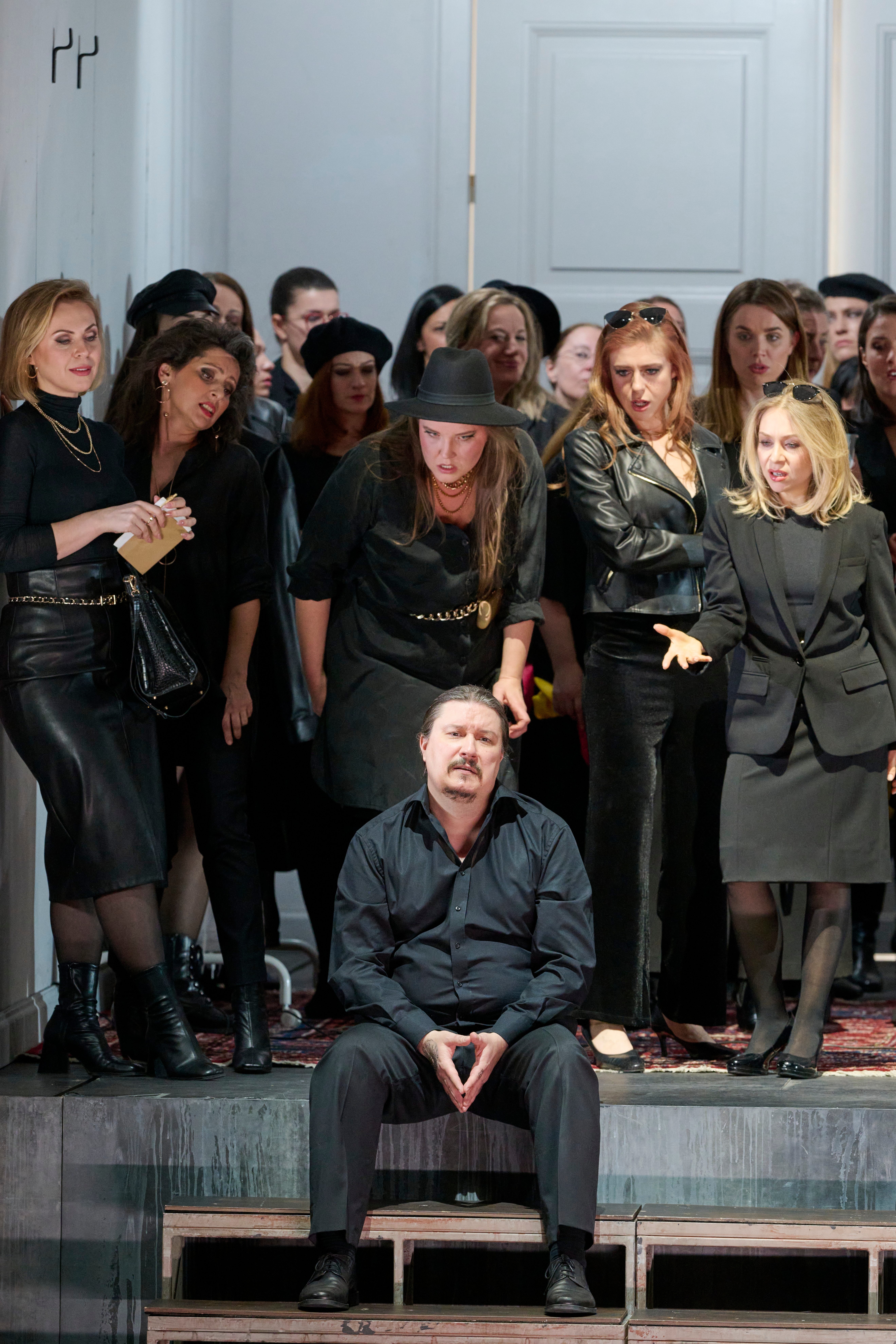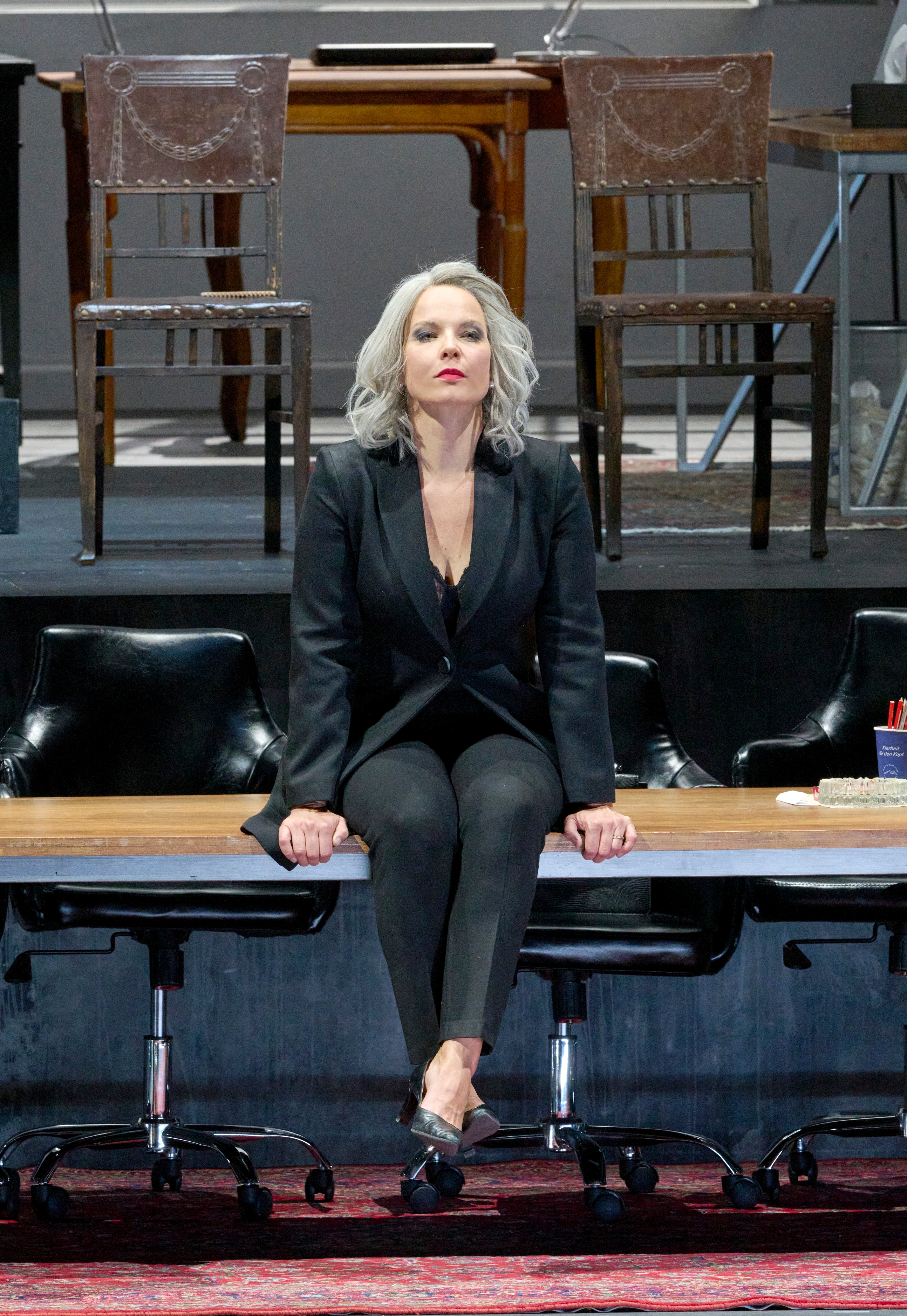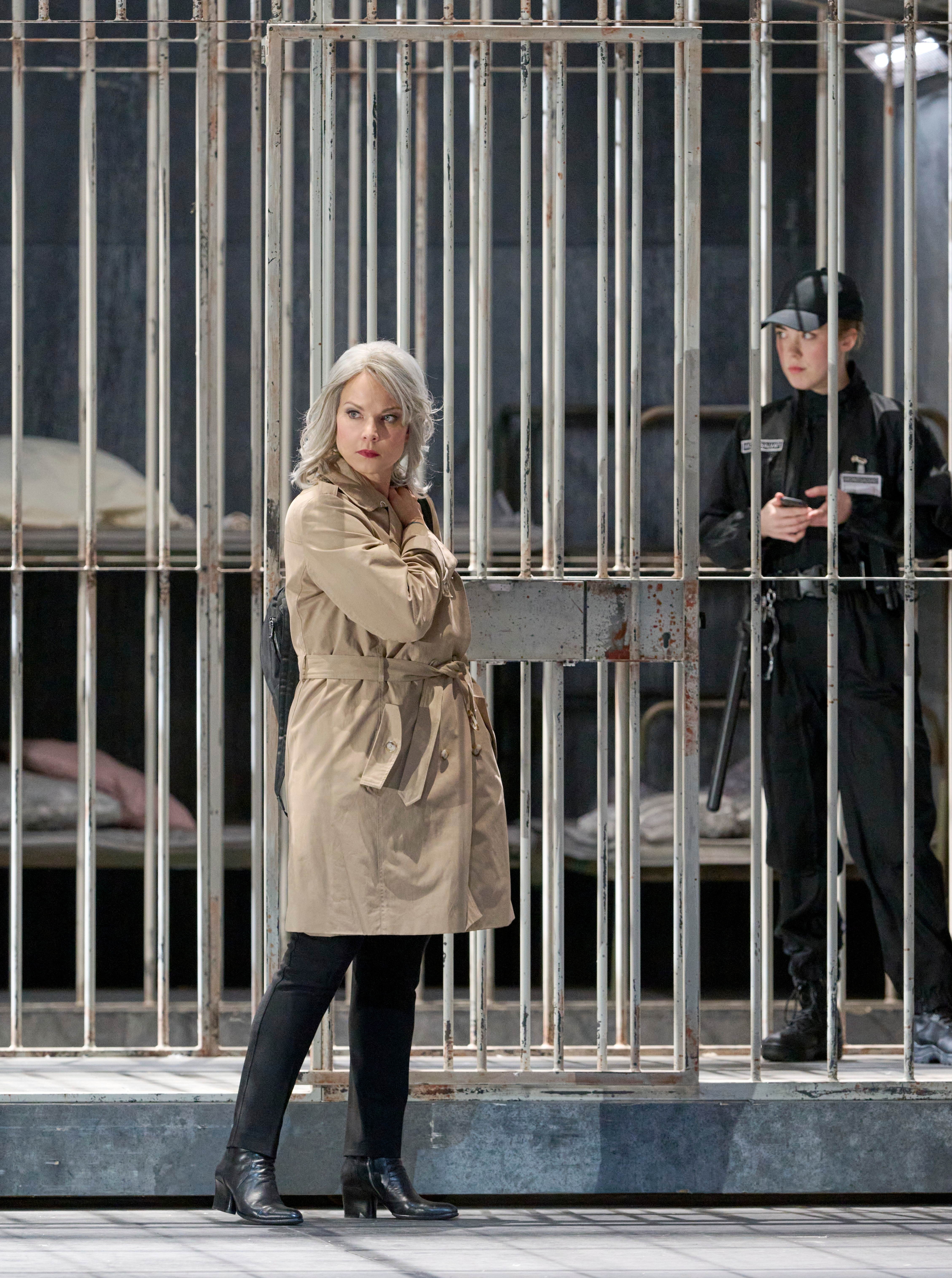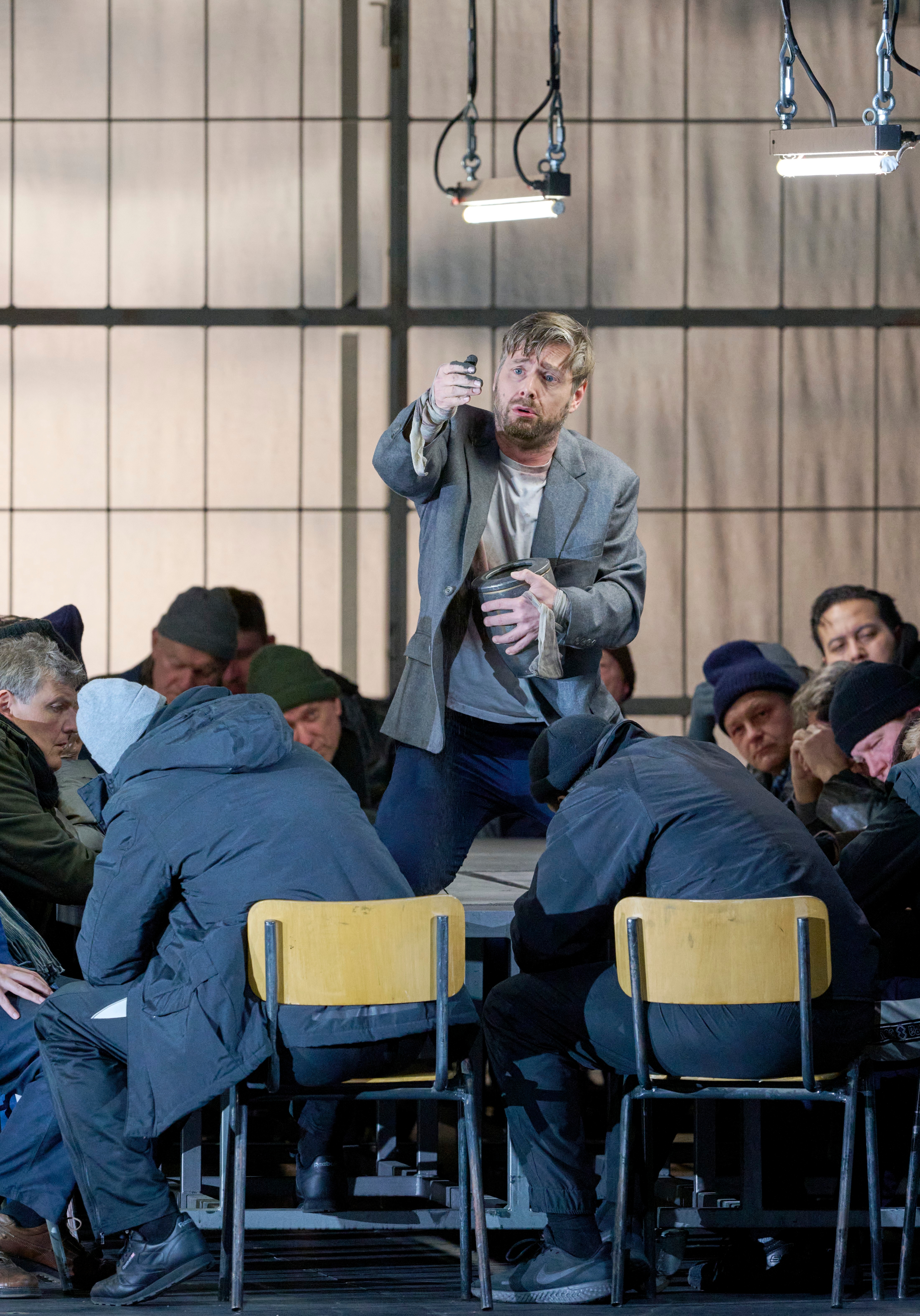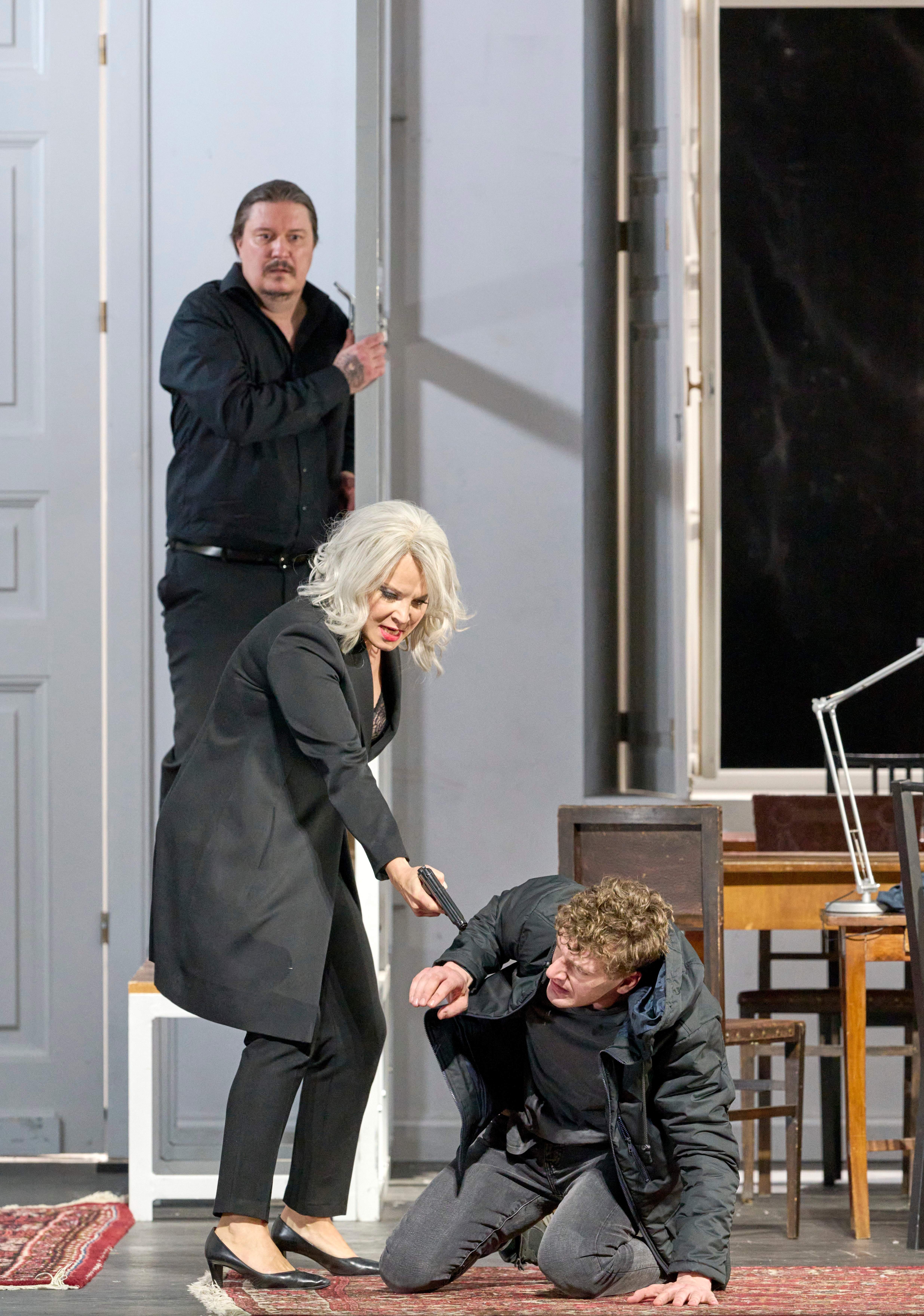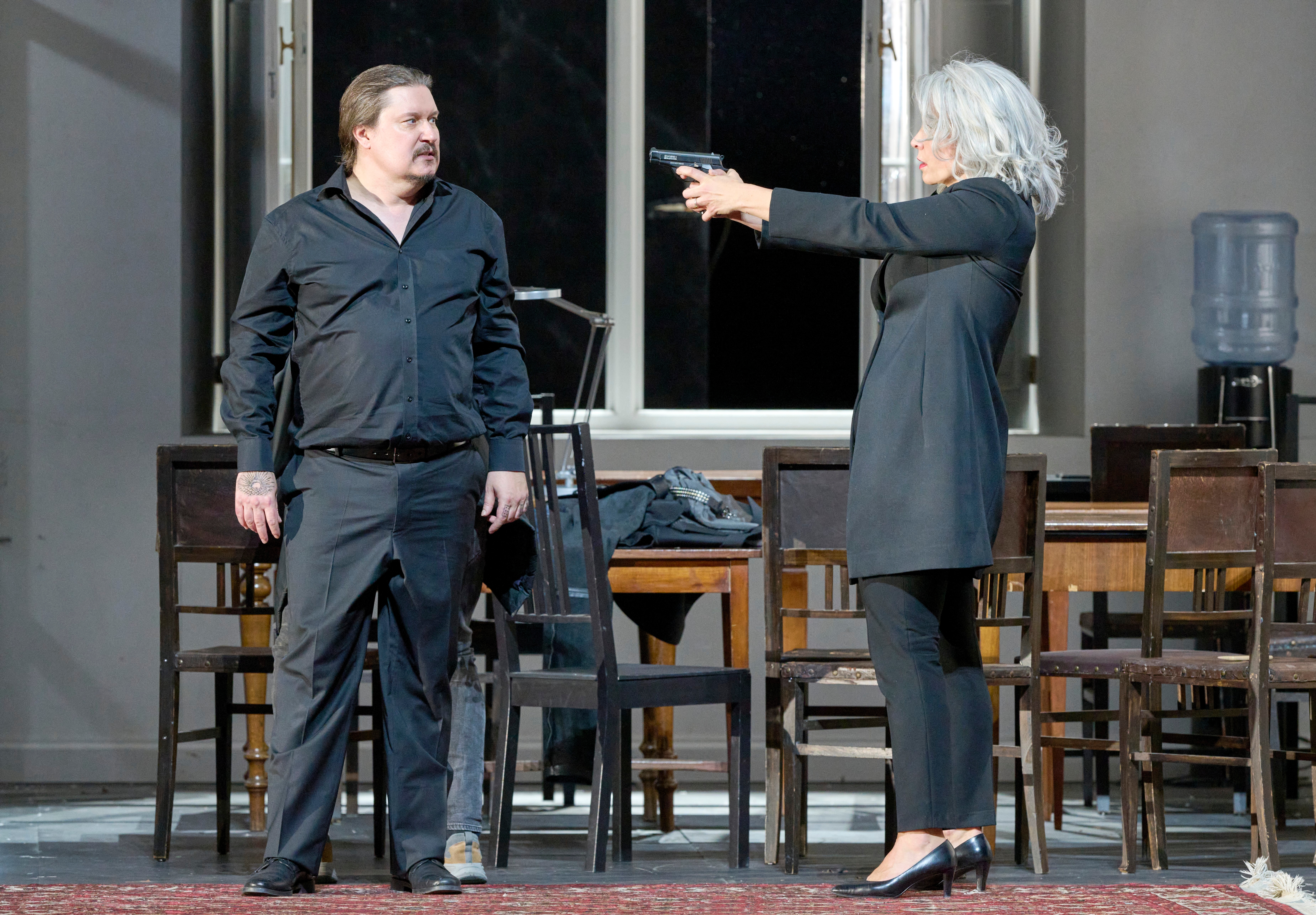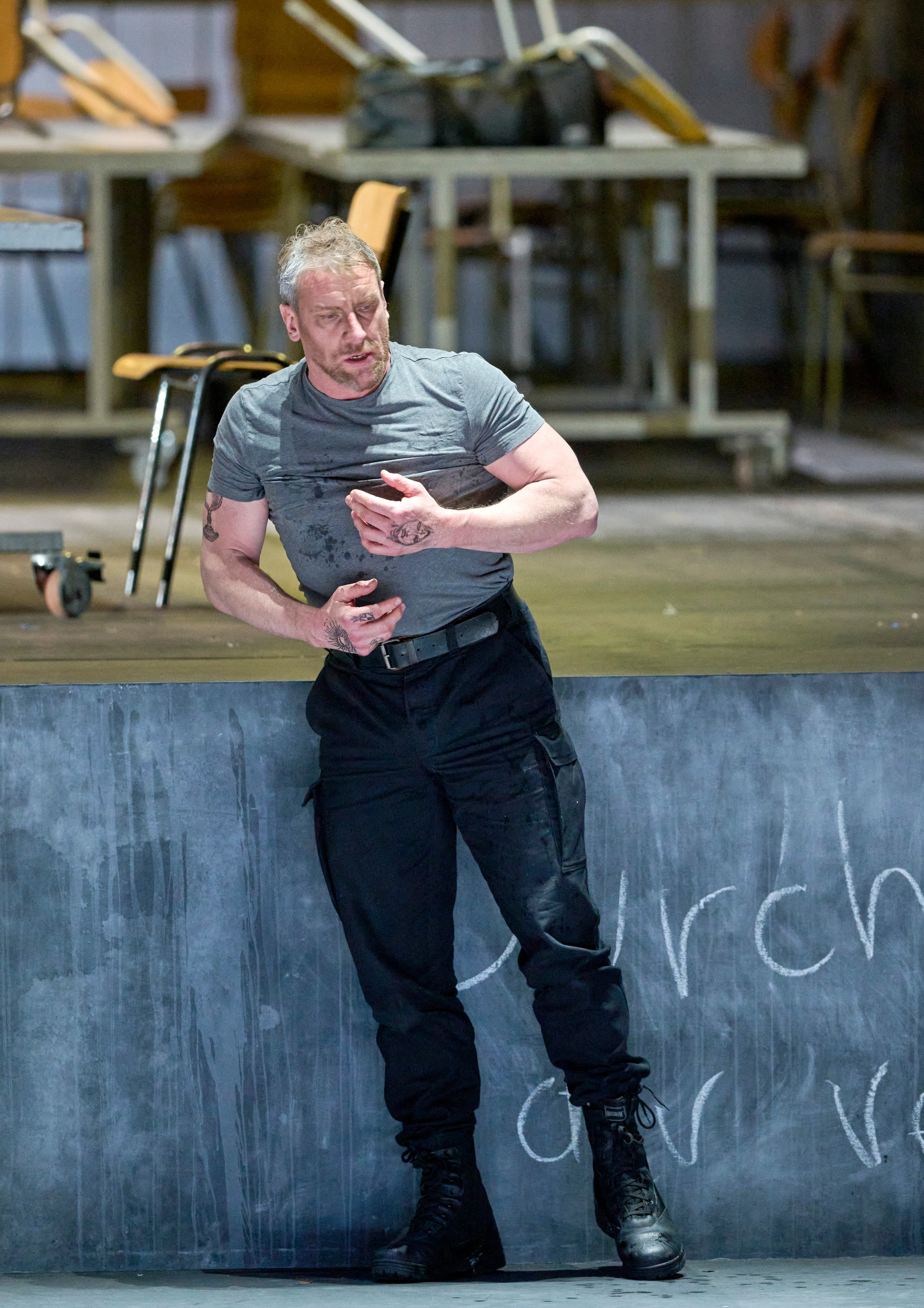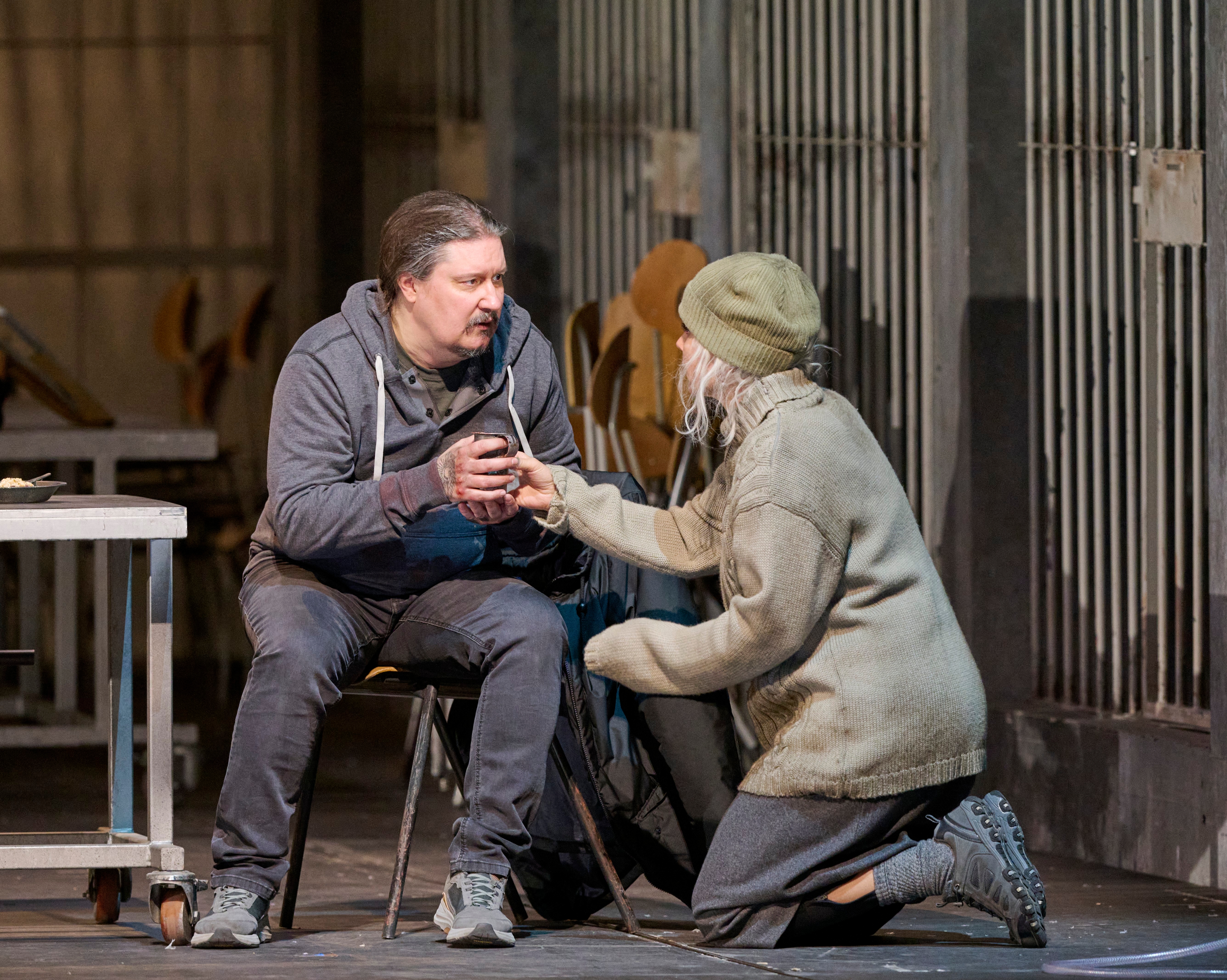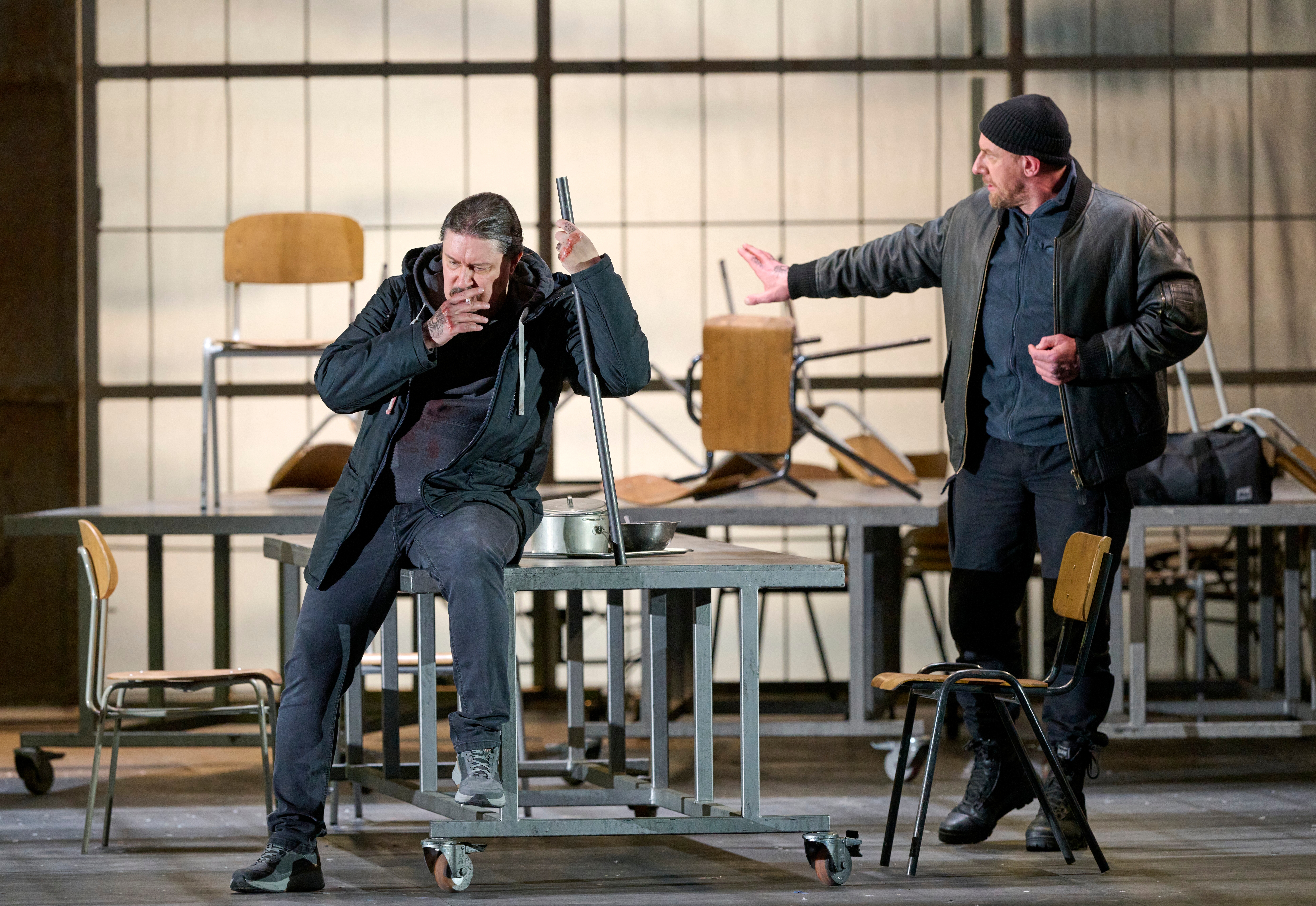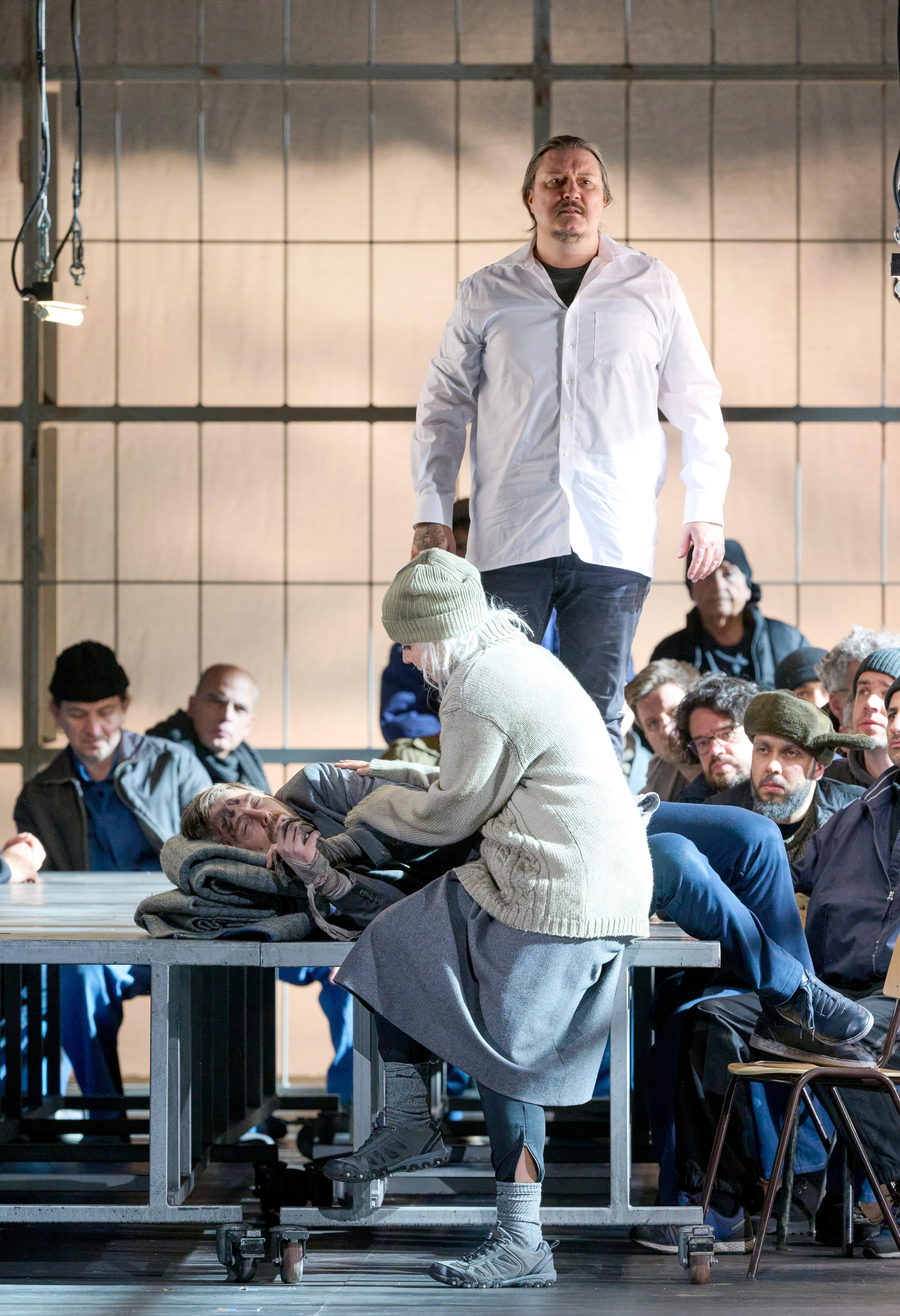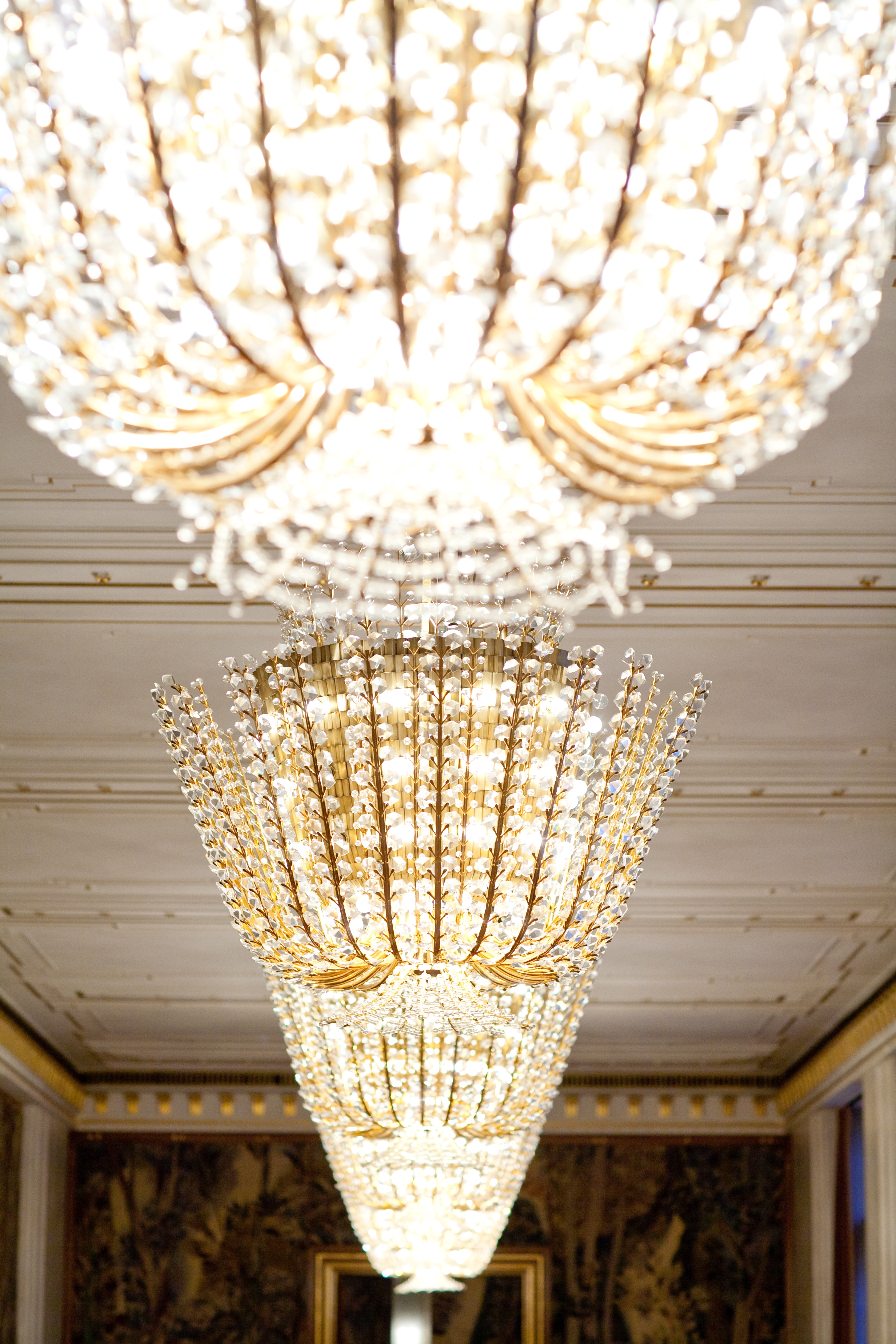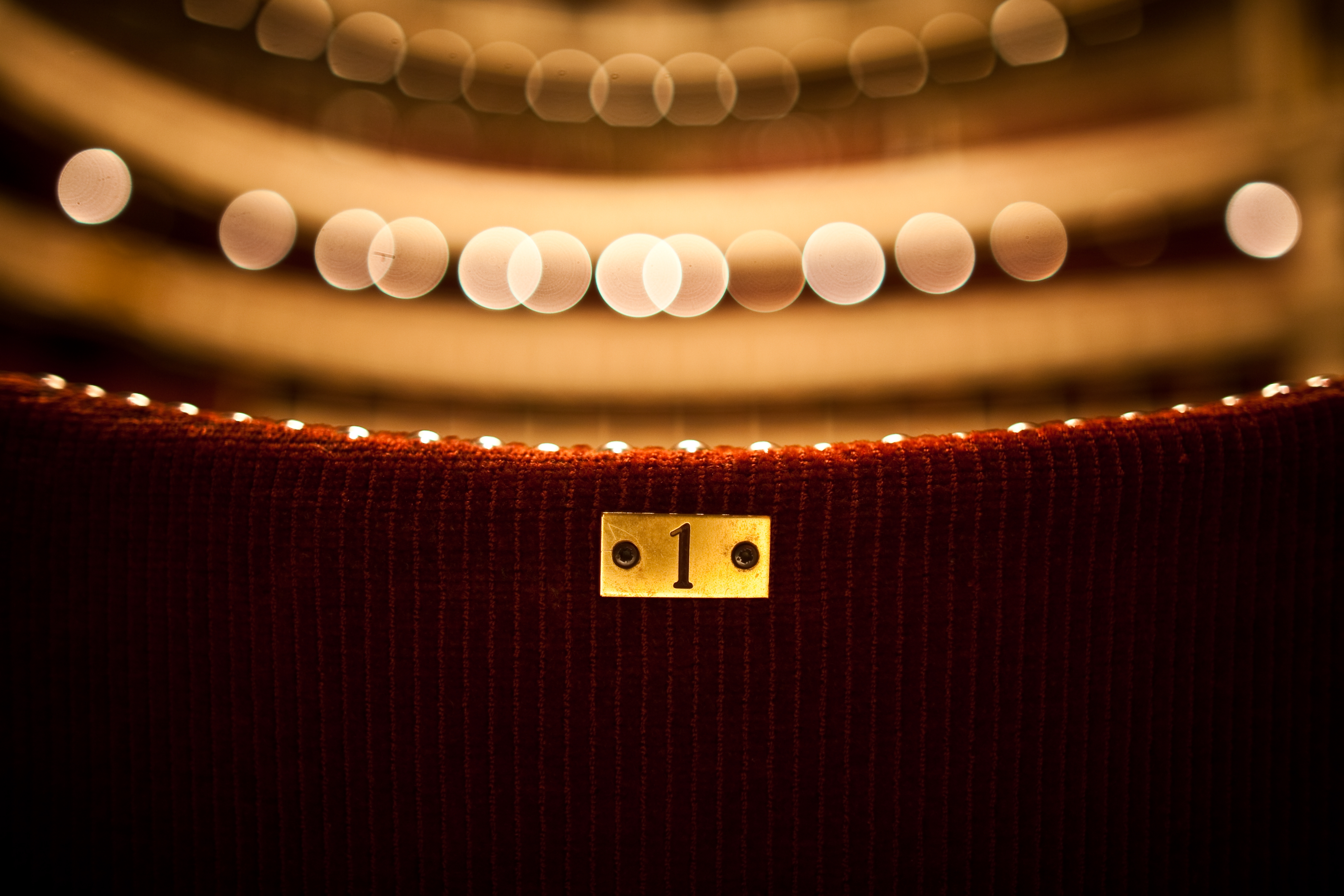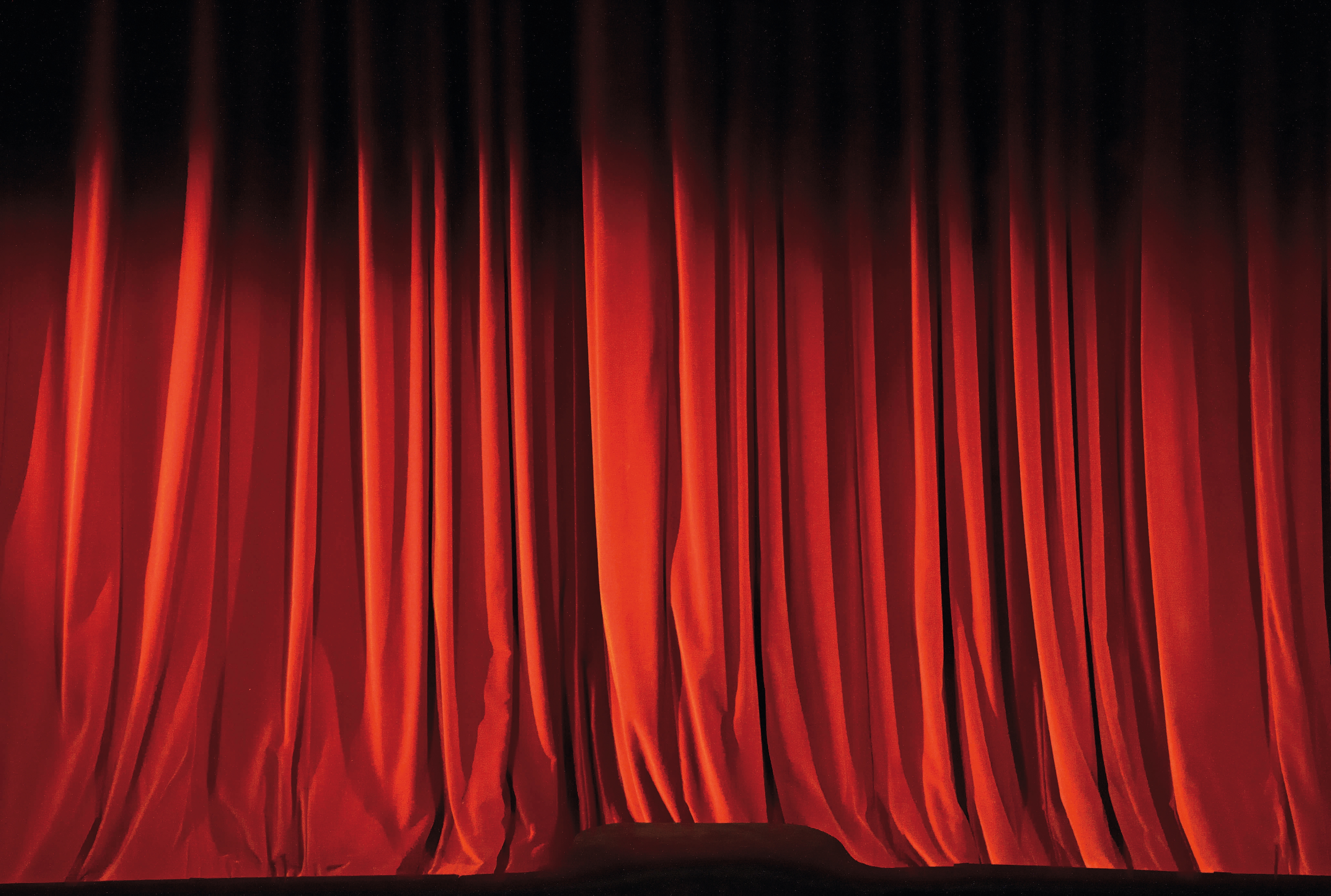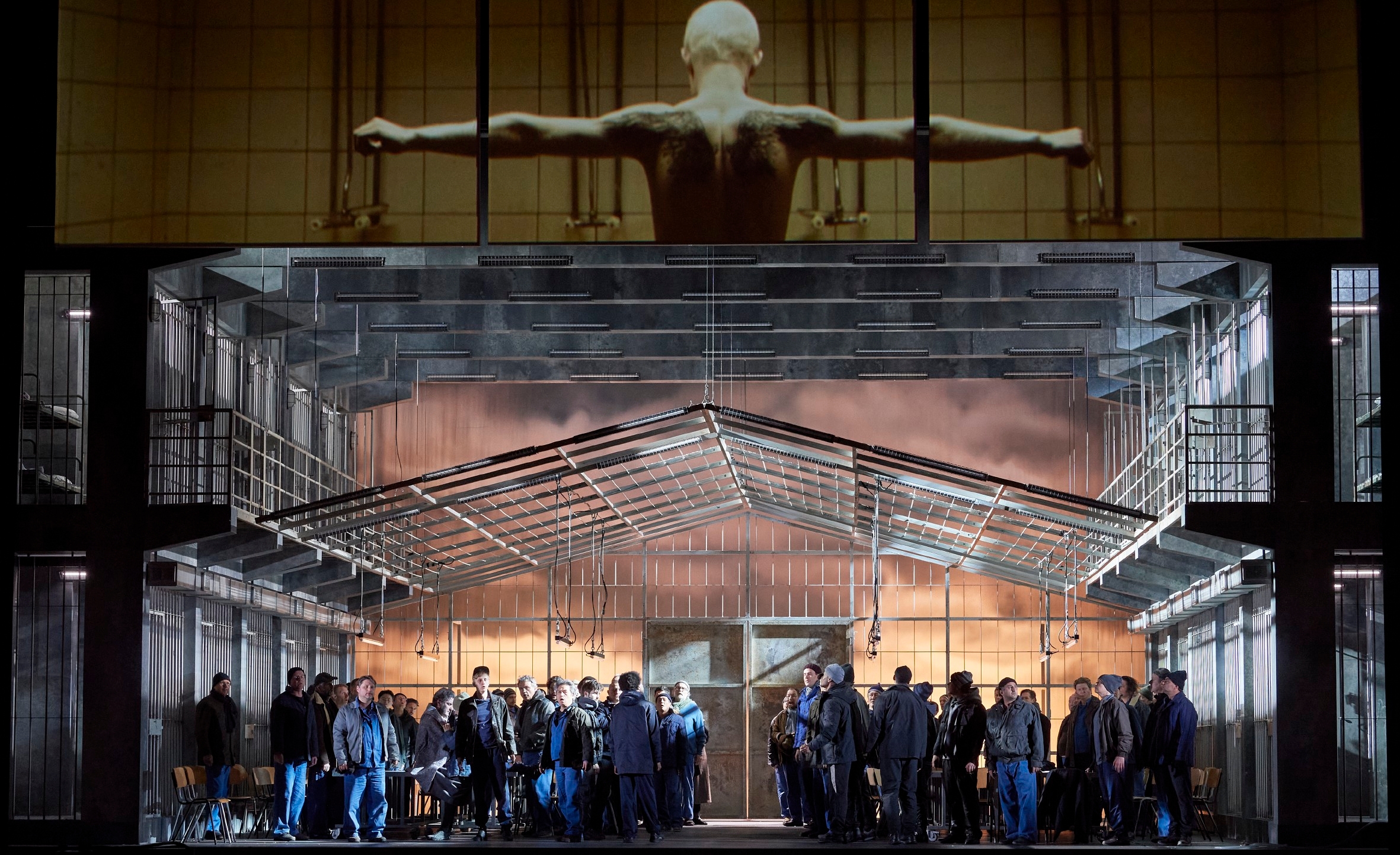
Short Summary
The male alliance of the Knights of the Grail is in crisis. Time and again, knights desert to the opposite realm of the sorcerer Klingsor, who had previously been rejected by the circle of knights.
With the help of seductive women, above all Kundry, he succeeds in bringing down the knights. He is even able to tempt Amfortas, King of the Grail, into a misstep. He steals his sacred spear and strikes him with an incurable wound. As a result, Amfortas' ritual duty of unveiling the Grail has become an ordeal. Only a pure fool is destined to undo the Grail King's fall from grace and reverse its devastating consequences.
Parsifal
Storyline
The story takes place during the Christian reconquista on the Spanish peninsula, which was partly occupied by the Arabs.
The men's league of the Knights of the Holy Grail operating there has fallen into crisis. Time and again, knights desert to the counter-realm of the sorcerer Klingsor, who had emasculated himself in his quest for sexual asceticism and had previously been rejected by the circle of knights.
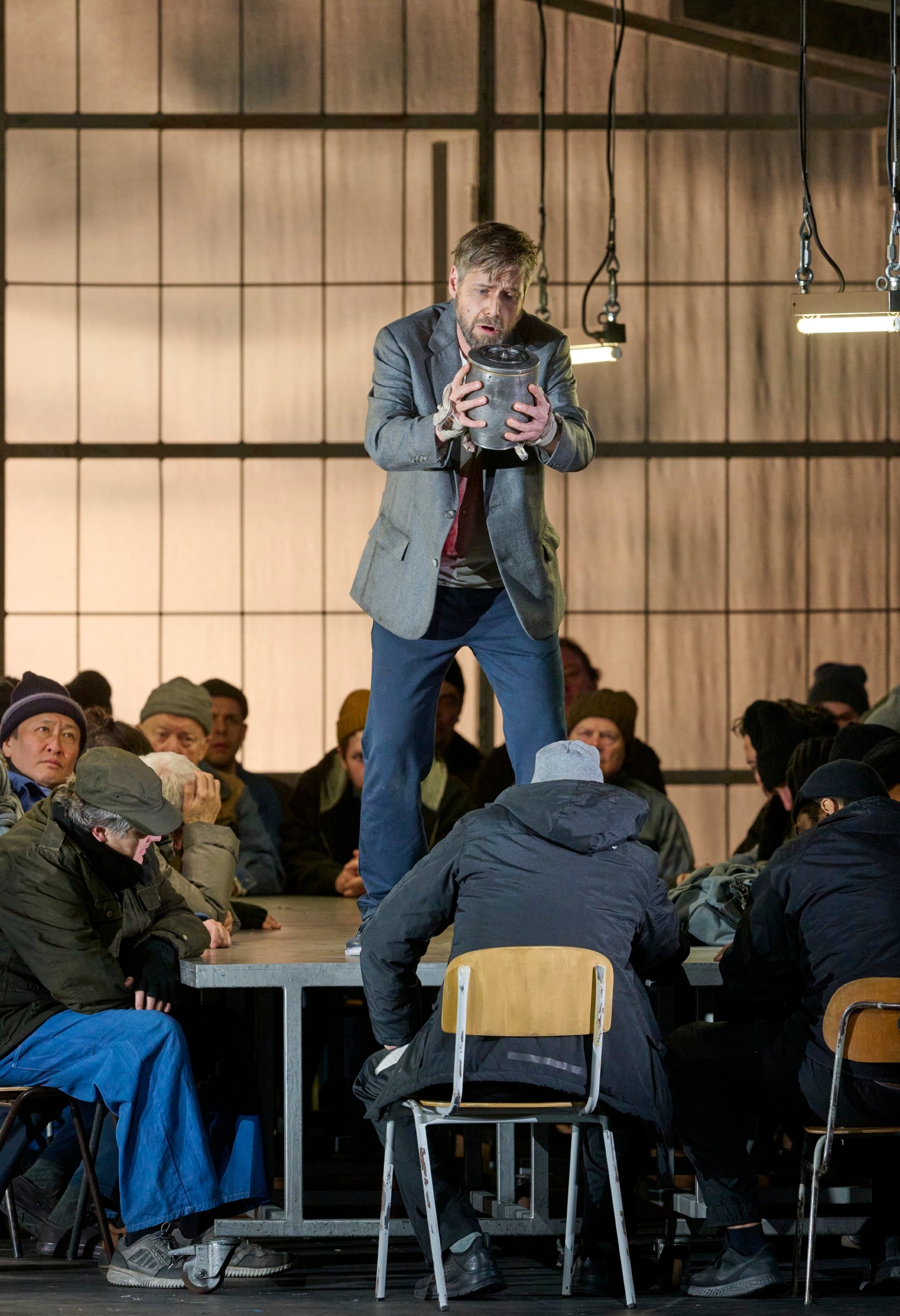
His castration gave Klingsor the power to dominate women. He now uses this power to bring down the chaste Christian knights. He was even able to tempt the Grail King Amfortas into a misstep, during which he stole his sacred spear and inflicted an incurable wound. As a result, Amfortas' ritual duty of unveiling the Grail has become an ordeal, which he only performs under pressure from his father "living in his grave" and refuses to do altogether after his death.
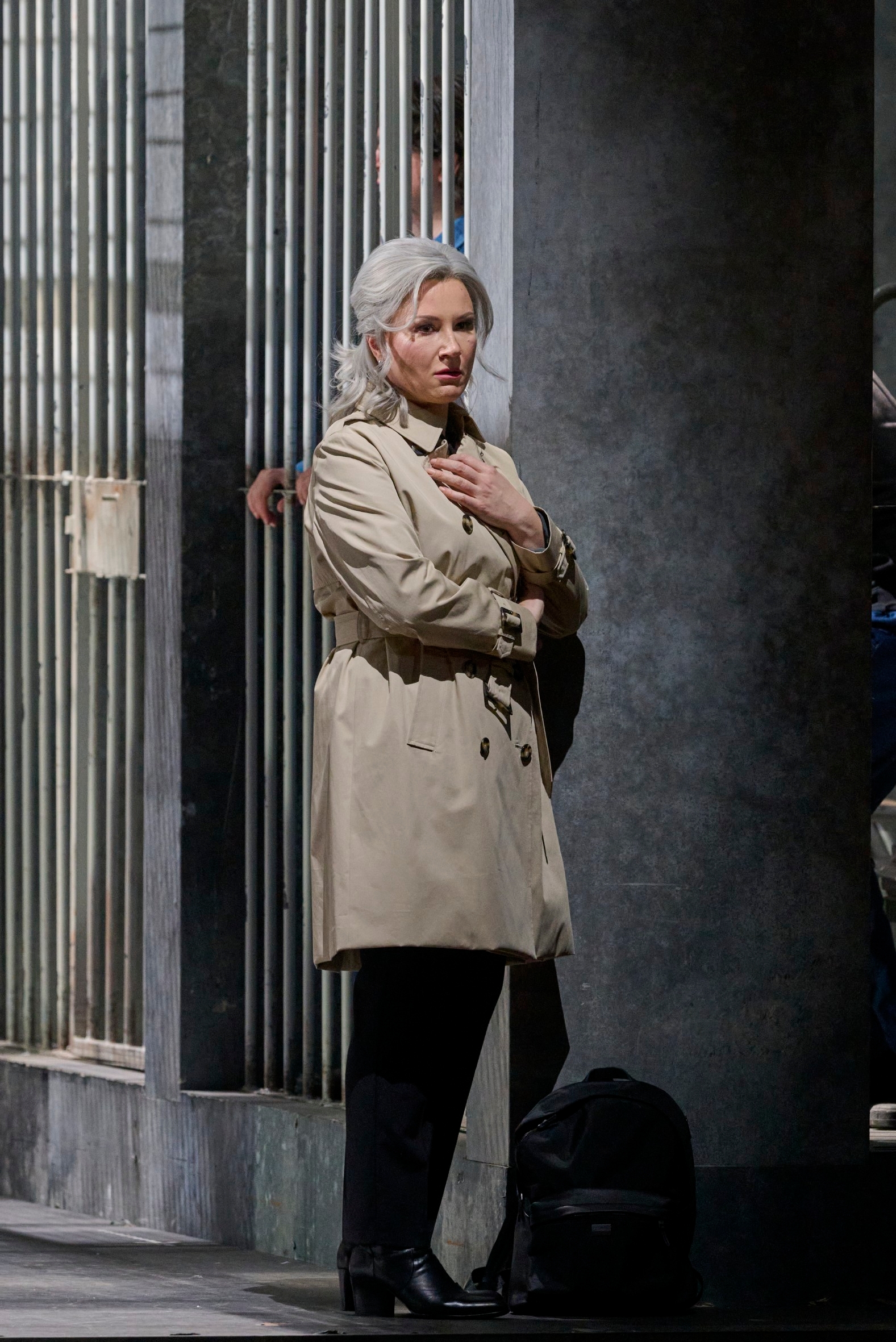
Only a "pure fool" is destined to reverse the Grail King's fall from grace and undo its devastating consequences. A decisive role in this work of redemption is played by an enigmatic woman who, under various identities, is on the move both on the grounds of the Grail Castle and in Klingsor's magical castle.
It is Wagner's compositional and dramaturgical perspective of memory in Parsifal from which I developed my scenic concept: An adult man of my age remembers the young man, almost still the lad he once was. For us, Wagner's music emerges from the inner movement of the protagonist and is set in the context of a scenic experimental arrangement. Parsifal is overtaken or overwhelmed by his memories, sometimes he gets lost in them. He discovers the repressed. The break in time between the first two acts and the third led me to tell the story of the mature Parsifal in a flashback, as it were, which takes us through the events of the first two acts until we arrive in the narrator's present in Act 3. In all three acts, there is what I understand to be a sacred or mystical encounter between Parsifal then and Parsifal now. It is important for me to emphasize that I have created a poetic space of memory in which - just as in our memories - there can be contradictions and in which different levels can overlap or replace each other as if in a cross-fade. (Kirill Serebrennikov)
Wagner once again ensures the largely intuitive comprehensibility of his motifs by richly quoting from the topos treasure of European music: the Last Supper theme is reminiscent of the sound sphere of the chorale; the brass sound of the Grail and Parsifal motif stands for the ruling disposition, whereby the leaps of tone, dotting and lively rhythms of the second represent carefree naivety. In addition, the extremely flexibly treated motifs also follow the inner and outer transformations. The Parsifal theme in particular is reshaped many times in unity with the maturation process of the Helfen, until it finally appears regal
Wagner himself had a rather sober concept of Weihe, as at least his essay Das Bühnenweihfestspiel in Bayreuth 1882, a review of the 1882 festival with the first Parsifal performances, shows. In it, Weihe identifies with the enthusiasm that inspired and united the performing musicians, singers and actors and the entire ensemble of participants in the artistic work; Weihe describes the peculiar spirit of the performances, whose special feature Wagner saw in the distance to the usual opera theater and business and to the everydayness of the world and life in general. The "consecration of the rapture of the world" that Wagner speaks of in the essay is to be understood in this sense. In any case, there can be no doubt that consecration as understood in Wagner's essay does not mean the religious, the mystically sublime, the ecclesiastically ceremonial or the like. (Egon Voss)
